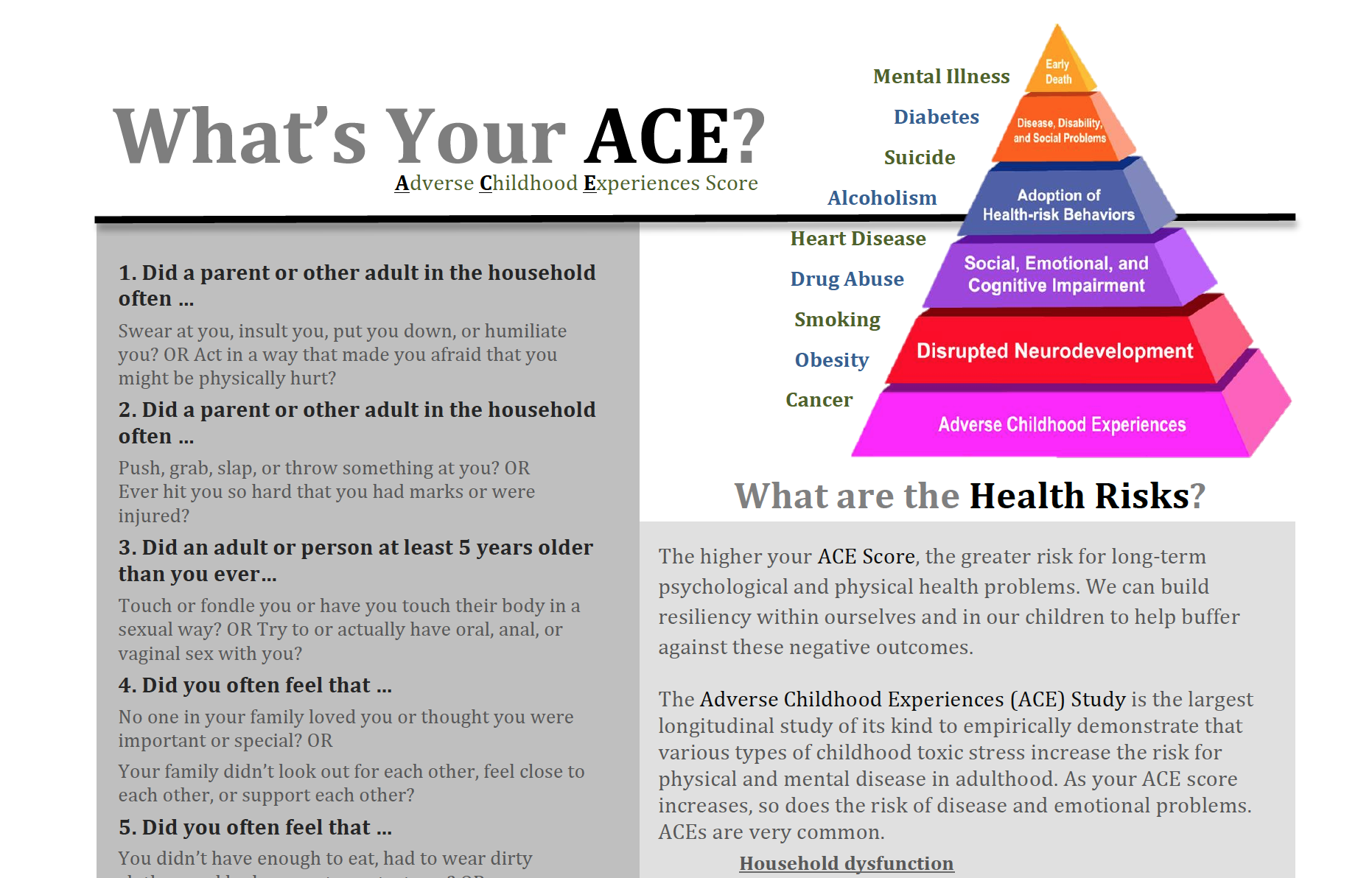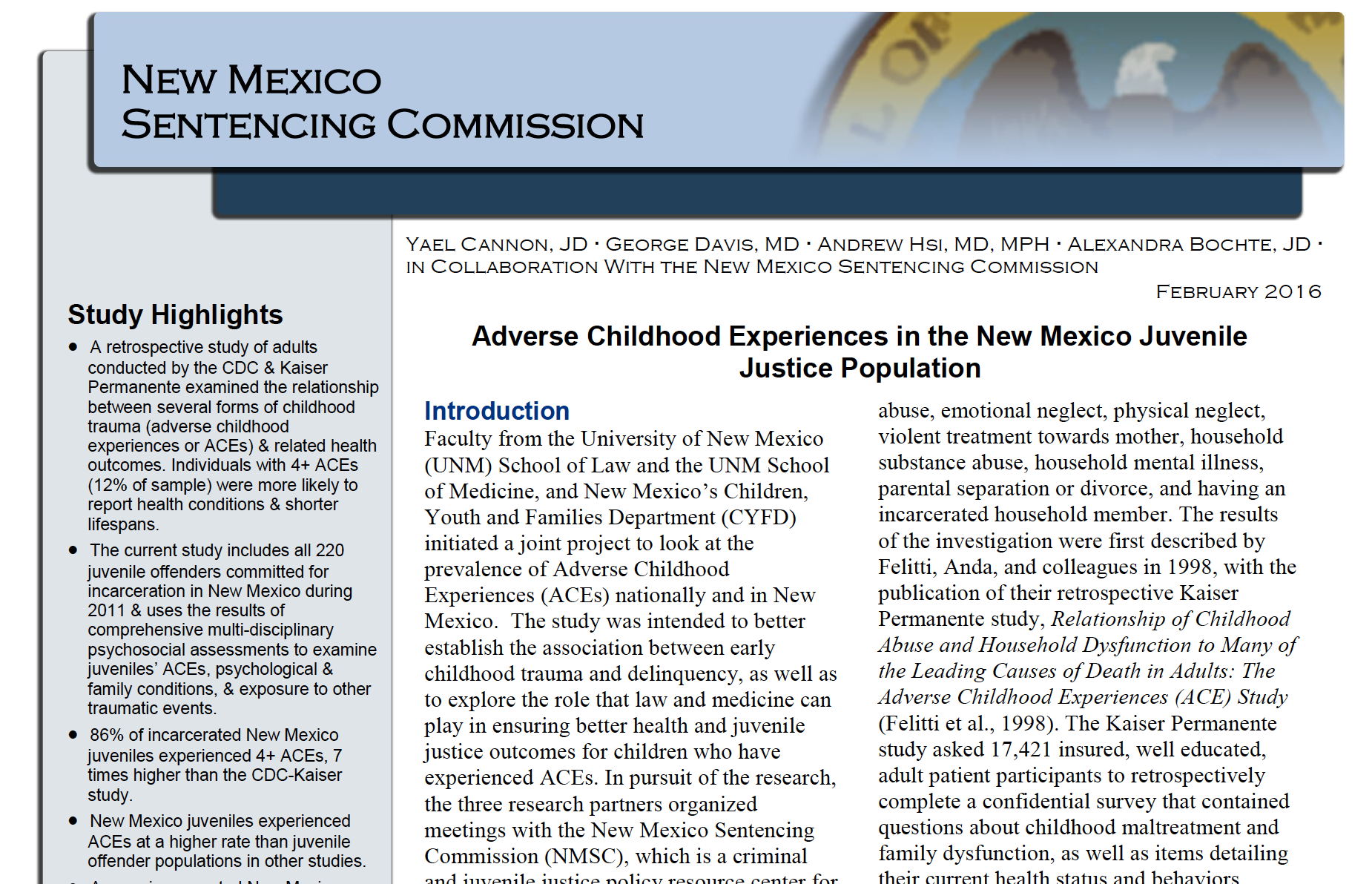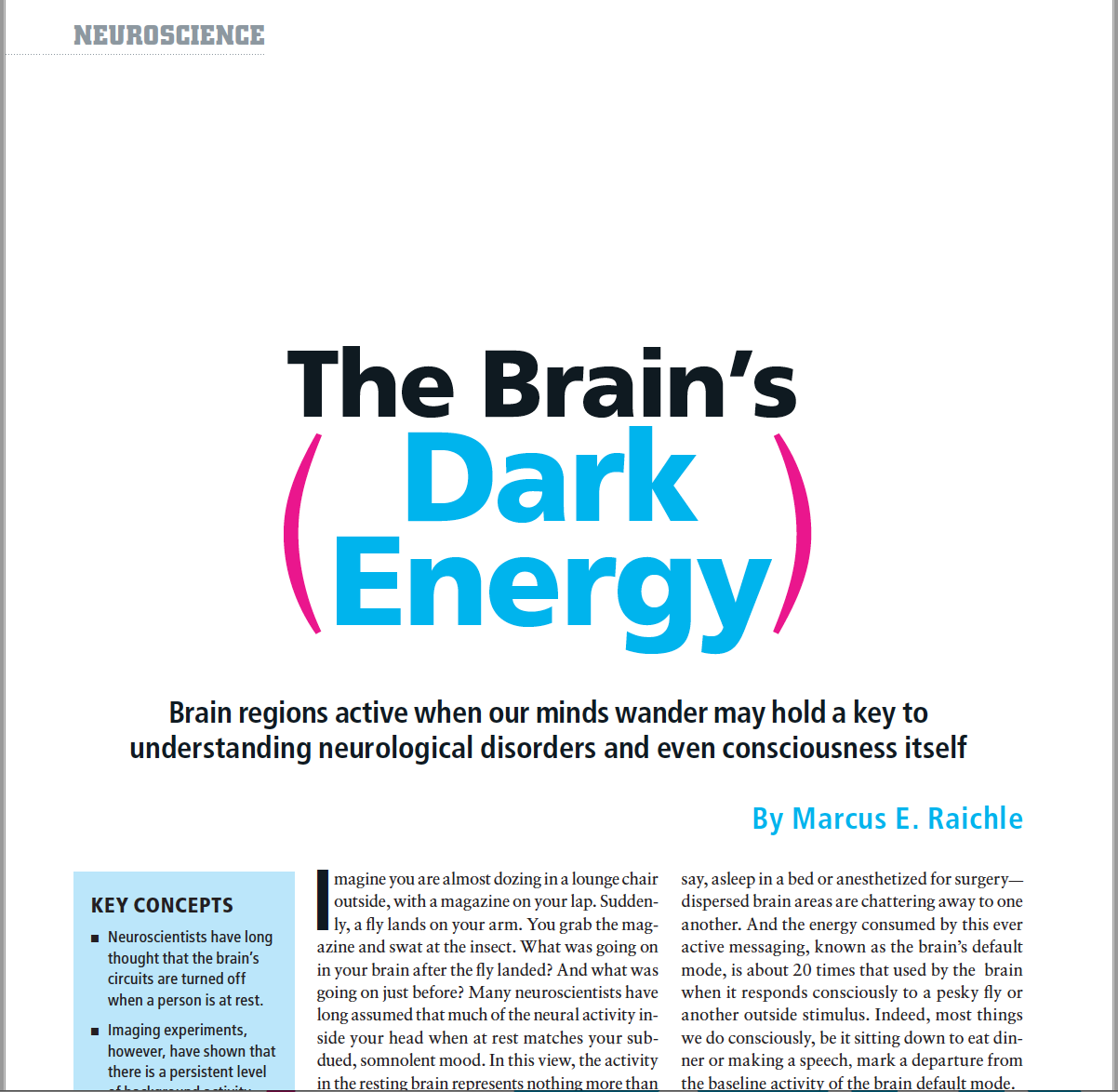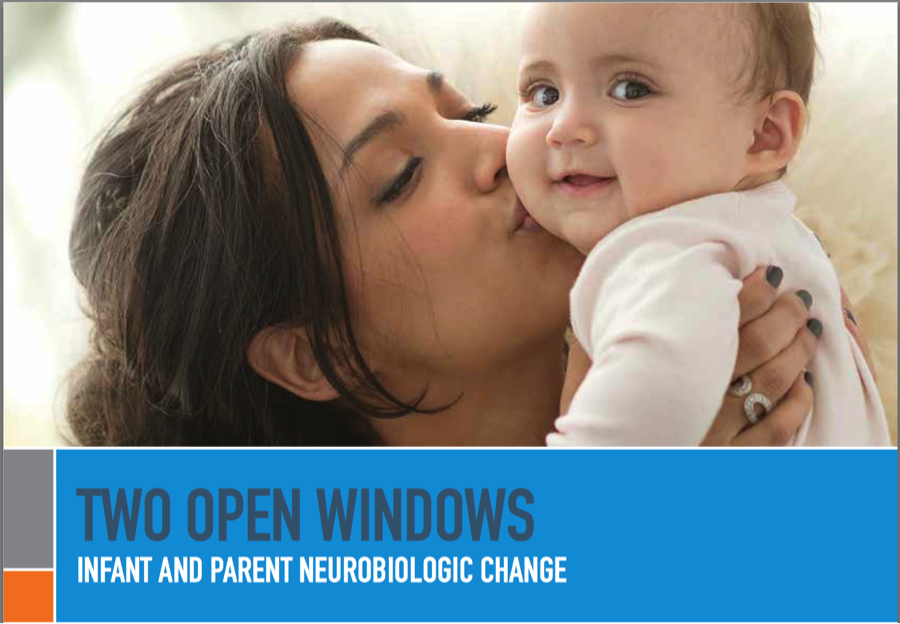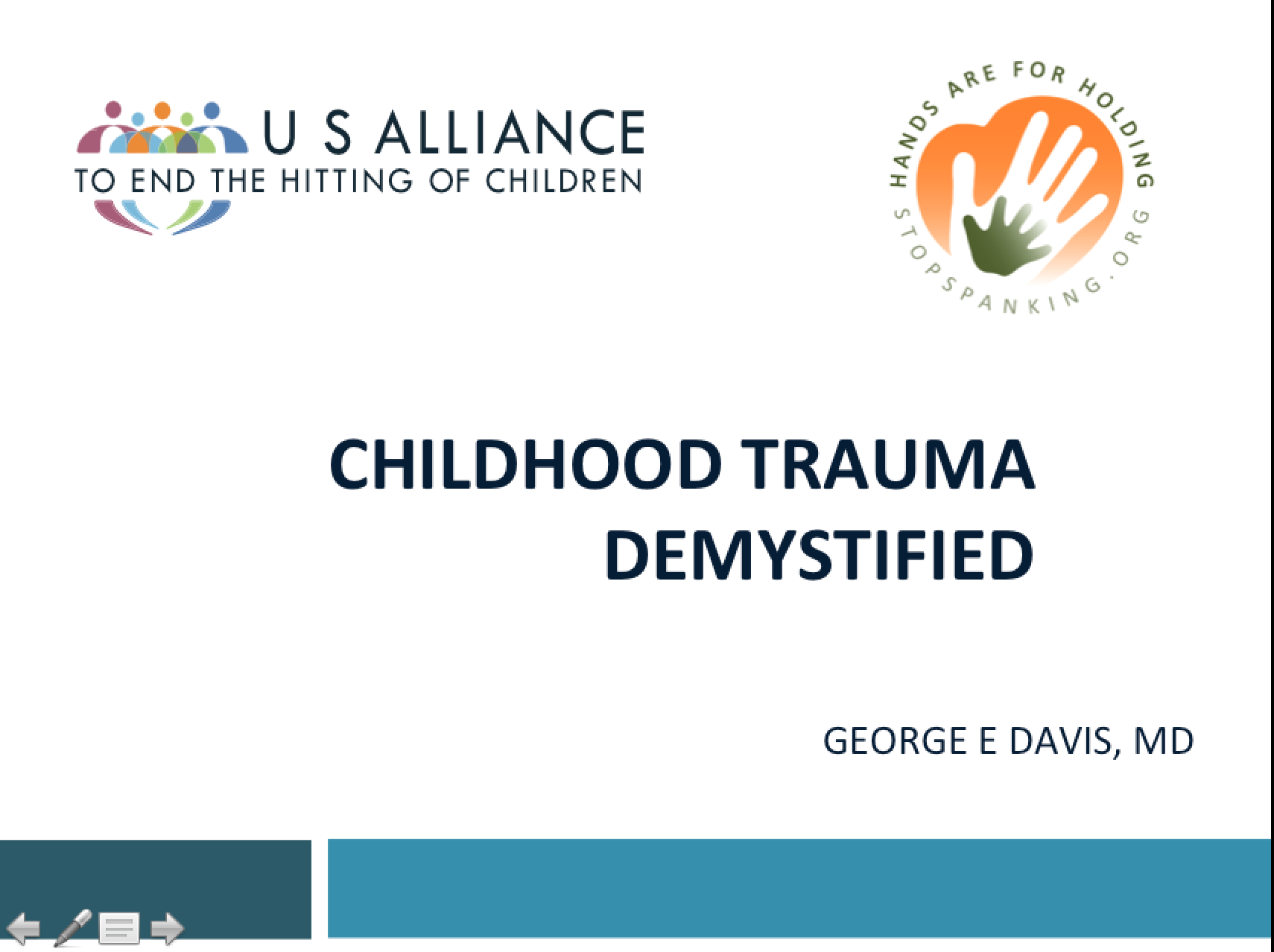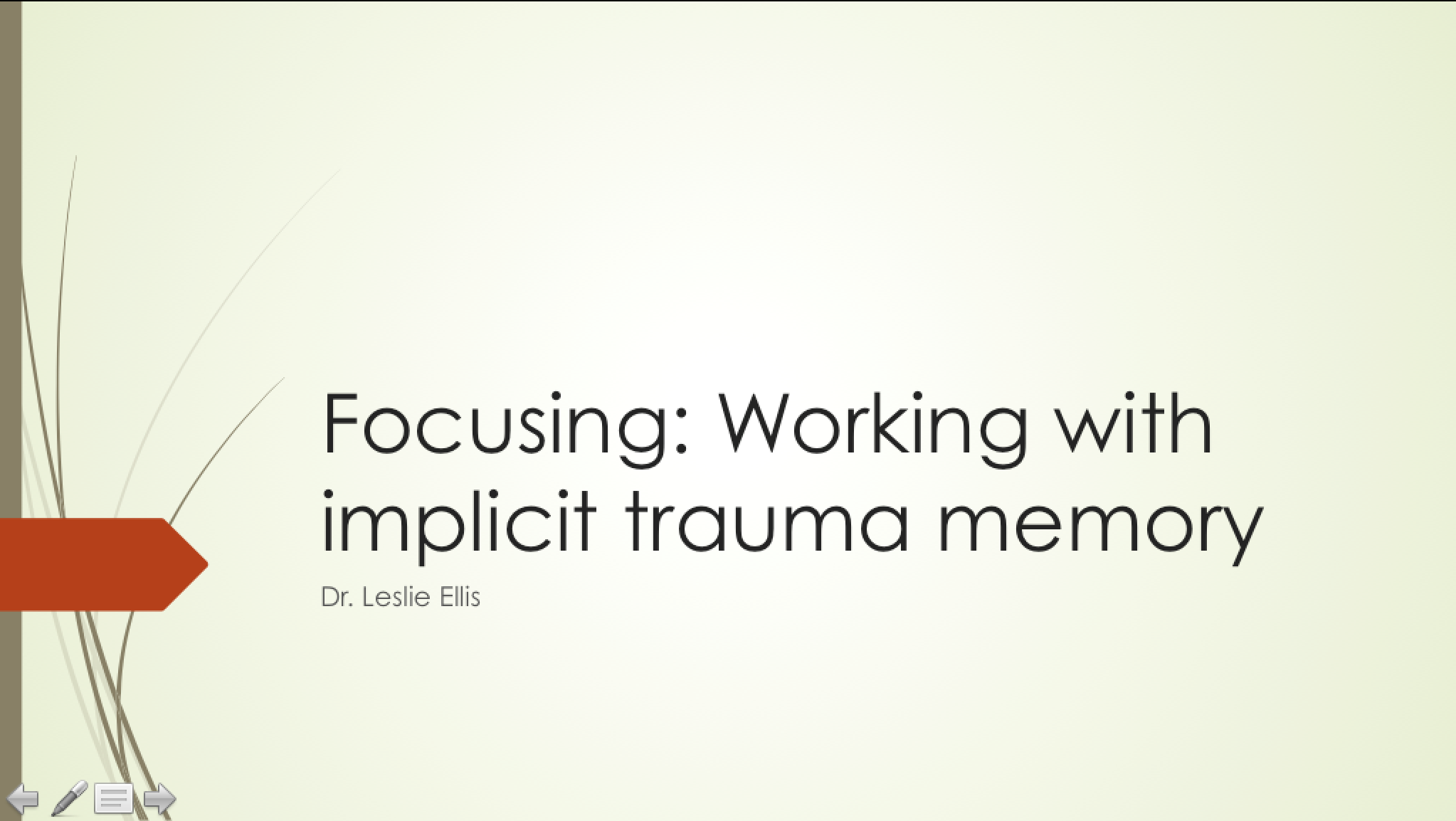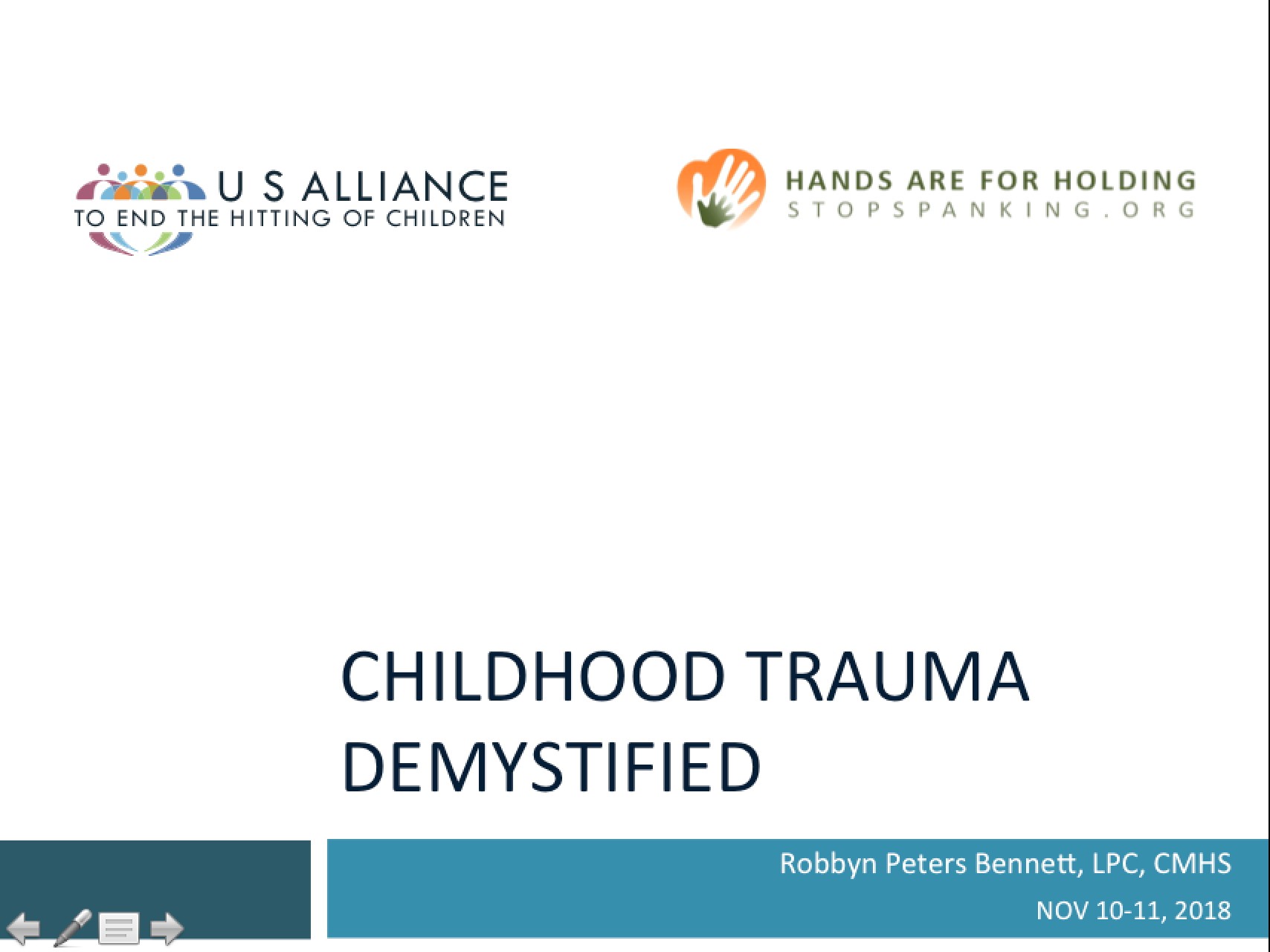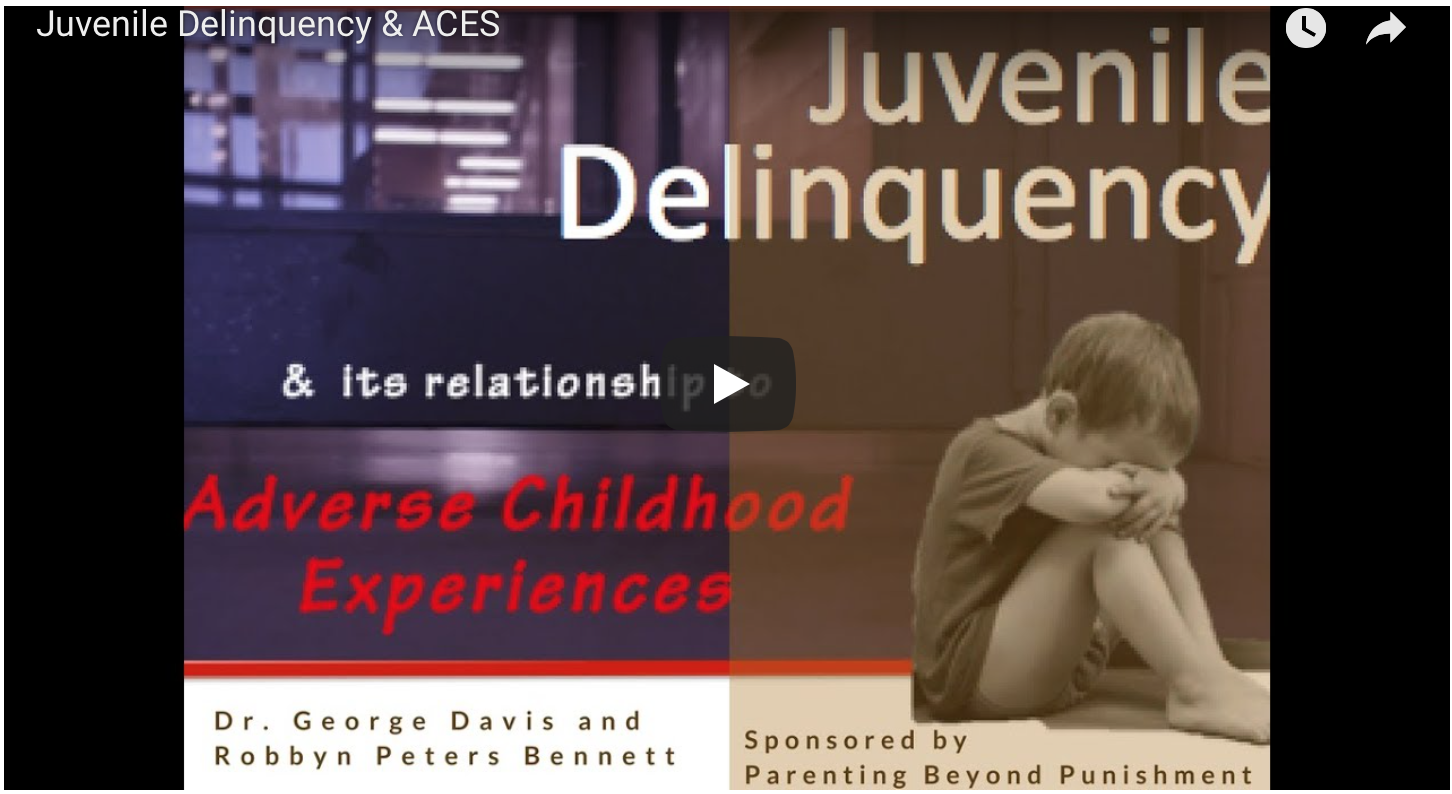Childhood Trauma Demystified
…Tools for clinicians to use with children, teens and adults
This workshop is for therapists, psychiatrists, and other clinicians who work with adults and/or children who have experienced early developmental trauma and suffer from chronic dysregulation and difficulty sustaining attachment.
2-Day Workshop
November 10-11, 2017
Portland, OR

George Davis, MD will address the mechanisms of early adversity, the effect of adversity on neurobiology, and adversity’s influence over time. His presentation will include the processes through which the interrelatedness of early attachment, self-regulation and trauma affect one’s ability to relate to others and to experience happiness. He will describe ways that impairments of neurodevelopment may drive tendencies toward aggression, impaired empathy and anti-social behavior. Dr. Davis will address misconceptions in diagnosis and discuss medication of trauma-induced symptoms driven by arousal.
Leslie Ellis, PhD will discuss the nature of implicit memory and demonstrate ways to work with non-verbal and hard-to-access states that are the hallmark of early developmental trauma. She will provide an experiential understanding of how to support clients as they enter into and metabolize the inner places that have been silent and frozen in time. She will also explain how the science of memory reconsolidation gives a positive sense of purpose to the work. This process supports the therapist’s work in transforming trauma memory while minimizing the risk of re-traumatization.
Robbyn Peters Bennett, LPC, CMHS will discuss ways to recognize and respond to states of dissociation and arousal and strategies that help therapists track the subtle cues which occur in response to the therapeutic content and/or shifts within the therapeutic relationship. She will provide experiential practice of response strategies that can be resonant for clients, responses that create a holding environment which allows clients to re-experience traumatic material in a manageable way. She will demonstrate ways to provide state-appropriate responses consistently, particularly in work with children. State appropriate responses allow the adult or child to regain regulatory equilibrium. This therapeutic approach supports progressive building of tolerance for distress including tolerance for the therapeutic relationship itself.
This 11-hour experiential workshop will deal with emerging clinical concepts including:
-
What ACEs are teaching therapists about how early trauma affects human lives
-
The neuronal impacts of early adversity on the developing child
-
The neurobiology of childhood and adult trauma
-
The interrelatedness of early attachment, self-regulation and trauma
-
Common misconceptions in the diagnosis and medication management of trauma-related symptoms
-
Trauma and the nature of implicit memory
-
Use of Focusing as a tool for work with implicit memory
-
The process of emotional memory reconsolidation: a positive way to guide work with trauma memory
-
New understanding of the poly-vagal stress response
-
Ways to recognize and respond to states of dissociation and hyperarousal
-
Discerning client experience of the arousal continuum and the importance of state-dependence on functioning
-
The development of resilience and the hierarchy of reward
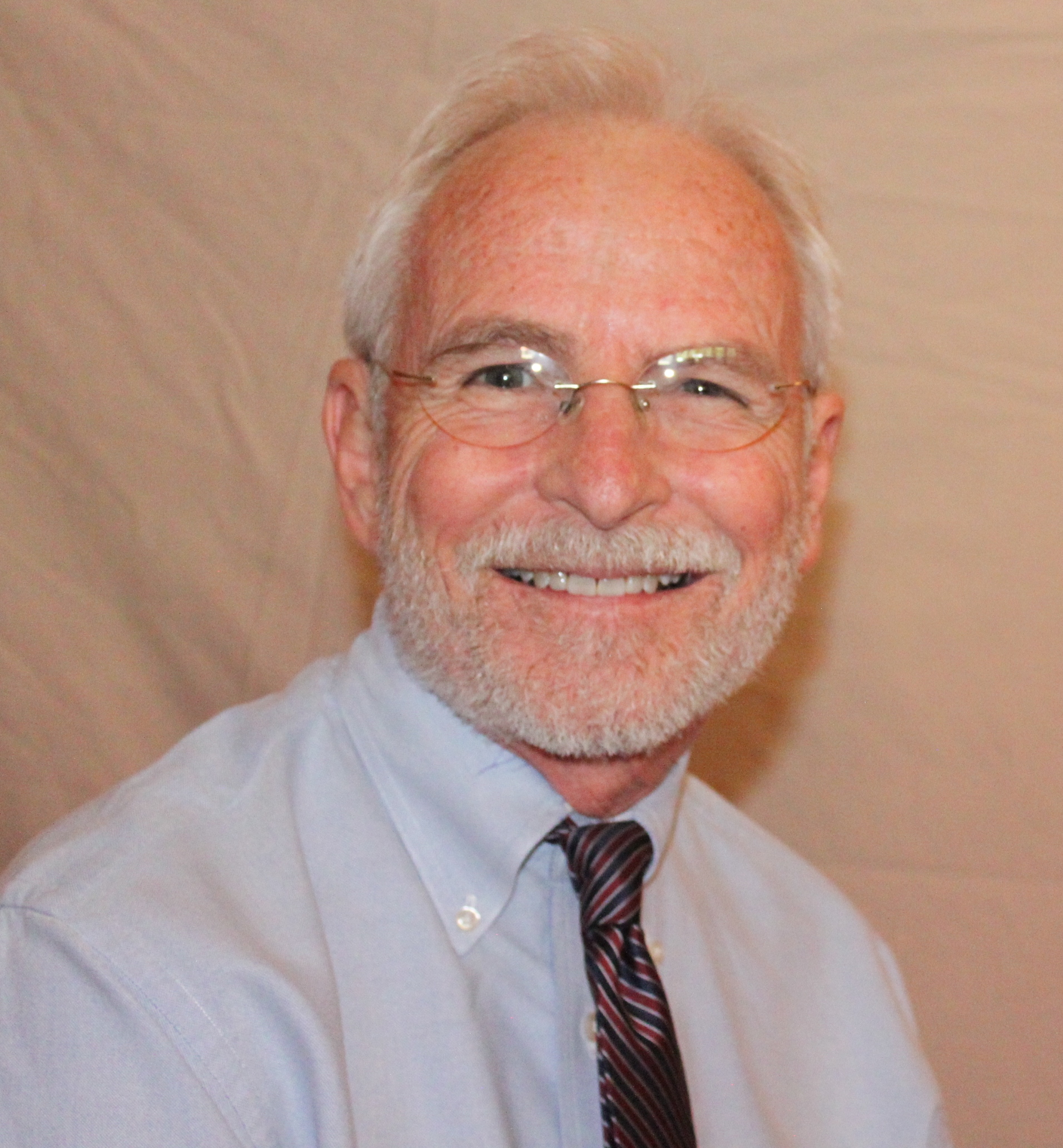 George Davis is a Child and Adolescent Psychiatrist currently in private practice in Albuquerque, New Mexico. He formerly served as Director of Psychiatry for the New Mexico Department of Children, Youth and Families, which encompassed all essential state services for the children of New Mexico including early childhood development, child protection, and juvenile justice. He is a fellow with ChildTrauma Academy. He lectures nationally on the topic of delinquency as an outcome of early neglect and abuse, extreme behavioral disorders in young children, psychopharmacology, and systems of care for severely disabled and underserved populations.
George Davis is a Child and Adolescent Psychiatrist currently in private practice in Albuquerque, New Mexico. He formerly served as Director of Psychiatry for the New Mexico Department of Children, Youth and Families, which encompassed all essential state services for the children of New Mexico including early childhood development, child protection, and juvenile justice. He is a fellow with ChildTrauma Academy. He lectures nationally on the topic of delinquency as an outcome of early neglect and abuse, extreme behavioral disorders in young children, psychopharmacology, and systems of care for severely disabled and underserved populations.
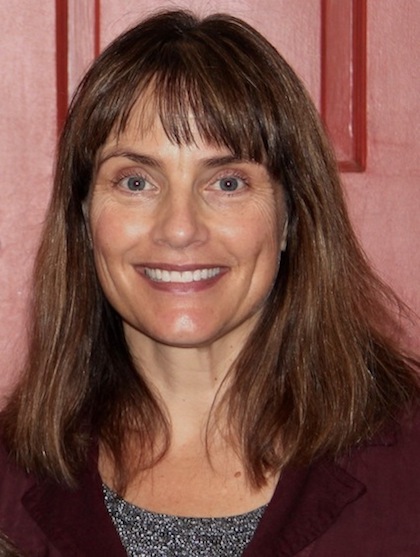 Leslie Ellis has a PhD in Clinical Psychology from the Chicago School of Professional Psychology, with a specialization in somatic approaches to therapy. Her dissertation on using focusing-oriented therapy to treat PTSD for refugees with recurrent nightmares won the Ernest Hartmann award from the International Association for the Study of Dreams in 2015. She has a Masters from Pacific Graduate Institute and has worked as a therapist in private practice in Vancouver, BC for 20 years. Her approach to therapy combines Jungian and focusing-oriented techniques to treat individuals suffering from depression, anxiety and the effects of trauma. She is adjunct faculty at Adler University and a Certifying Coordinator with The Focusing Institute. She runs a Vancouver-based certification program for therapists who want to incorporate focusing-oriented therapy techniques into their practice. The program is specifically geared toward teaching somatic approaches to working with PTSD and complex trauma.
Leslie Ellis has a PhD in Clinical Psychology from the Chicago School of Professional Psychology, with a specialization in somatic approaches to therapy. Her dissertation on using focusing-oriented therapy to treat PTSD for refugees with recurrent nightmares won the Ernest Hartmann award from the International Association for the Study of Dreams in 2015. She has a Masters from Pacific Graduate Institute and has worked as a therapist in private practice in Vancouver, BC for 20 years. Her approach to therapy combines Jungian and focusing-oriented techniques to treat individuals suffering from depression, anxiety and the effects of trauma. She is adjunct faculty at Adler University and a Certifying Coordinator with The Focusing Institute. She runs a Vancouver-based certification program for therapists who want to incorporate focusing-oriented therapy techniques into their practice. The program is specifically geared toward teaching somatic approaches to working with PTSD and complex trauma.
 Robbyn Peters Bennett is a psychotherapist, educator, and child advocate who specializes in the treatment of mental health problems due to early abuse and neglect. She has worked extensively with families involved with child protective services, the foster care system and adoption support. Robbyn is Phase II certified in the Neurosequential Model of Therapeutics (NMT), a neurodevelopmentally informed assessment process useful in working with traumatized children through the Child Trauma Academy. Robbyn lectures nationally on the topic of trauma and the effects of harsh punishment. In her TED Talk, she addresses the long-term effects of spanking and other forms of domestic violence on long-term health.
Robbyn Peters Bennett is a psychotherapist, educator, and child advocate who specializes in the treatment of mental health problems due to early abuse and neglect. She has worked extensively with families involved with child protective services, the foster care system and adoption support. Robbyn is Phase II certified in the Neurosequential Model of Therapeutics (NMT), a neurodevelopmentally informed assessment process useful in working with traumatized children through the Child Trauma Academy. Robbyn lectures nationally on the topic of trauma and the effects of harsh punishment. In her TED Talk, she addresses the long-term effects of spanking and other forms of domestic violence on long-term health.
 CE Hours: 11
CE Hours: 11
Registration fees will increase after October 16, 2017. Cancellation requires 72 hours notice (due to the smaller size of workshop). Our refund policy includes a $35 processing fee for all cancelled registrations.
SPONSORS: This program is co-sponsored by Stop Spanking and Mentor Research Institute. Mentor Research Institute is approved by the American Psychological Association to sponsor continuing education for psychologists. Mentor Research Institute maintains responsibility for the program and its content.
Webinar: How ACEs Drive Delinquency
Friday, October 13, 2017
In one of the most rigorous reviews of juvenile criminal justice records, the Adverse Childhood Experiences in the New Mexico Juvenile Justice Population study revealed that the frequency of early abuse, neglect and family chaos of incarcerated youth reaches staggering rates, skyrocketing above national averages.
- Why doesn’t every child who experiences early adversity turn to criminality?
- What did we learn from this research?
- What can be done to prevent delinquency?
What is Memory Consolidation?
It used to be thought that implicit emotional memory was permanent, so all you could do was create alternative, competing memories and or desensitize to the trauma via repeated exposure. Memory consolidation research shows that such memories can actually be opened up and overwritten. This short video summarizes the process of emotional memory reconsolidation.

